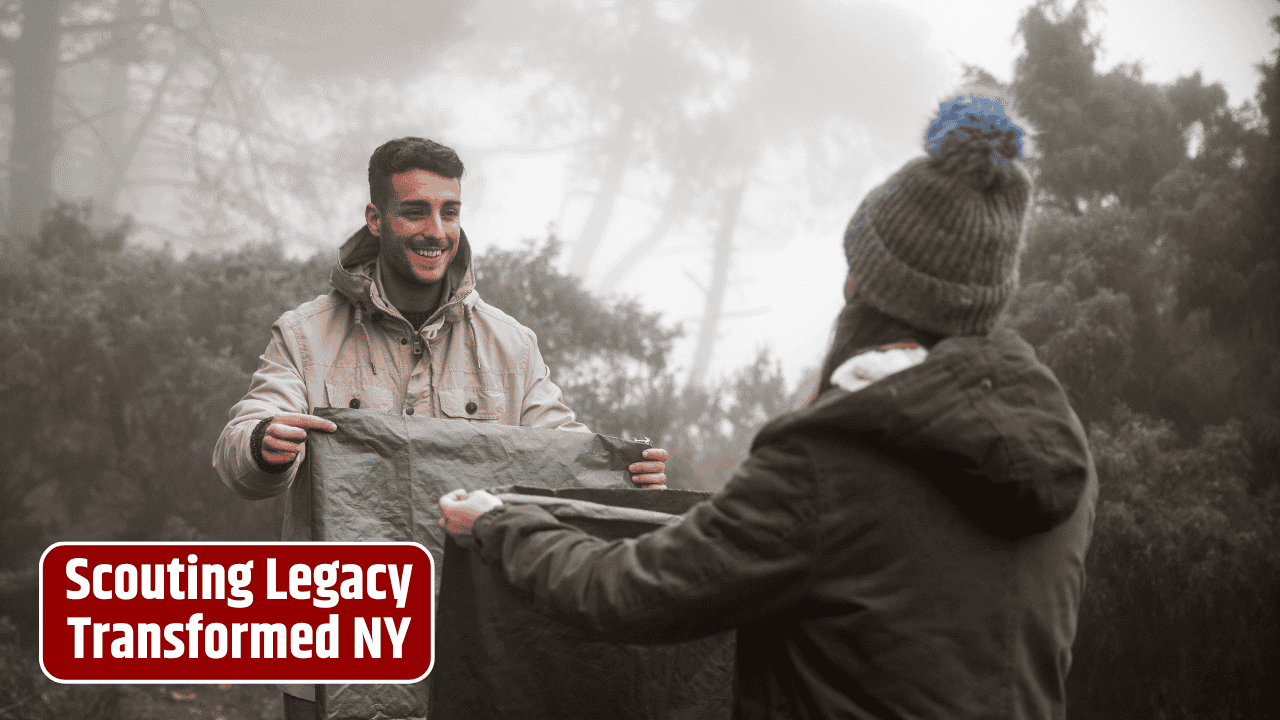Teen participation in the Scouts has seen a notable resurgence in 2025. As trends shift and youth priorities evolve, organizations like the Scouts are finding new ways to stay relevant and appealing. Here’s a look at why more teens are joining the Scouts this year and what’s driving this renewed interest.
A Shift Toward Purpose and Skill Building
Today’s teens are more socially aware and future-focused than ever. Many are seeking meaningful ways to spend their time — not just activities that entertain, but ones that build real-world skills and values. The Scouts have responded to this by updating their programs to emphasize:
- Leadership development
- Environmental stewardship
- STEM-based learning
- Community service
These updates align closely with Gen Z and Gen Alpha’s interests, particularly in areas like sustainability and personal development.
Tech-Enhanced Programs
Scouting isn’t just campfires and compass-reading anymore. In 2025, many troops have incorporated digital learning tools, gamified badge systems, and virtual reality experiences for training and exploration.
These modern enhancements make Scouting more engaging and accessible. For example, coding badges and drone piloting workshops have made the program attractive to teens interested in tech and innovation.
Mental Health and Belonging
In the wake of the pandemic and ongoing social pressures, teens are placing a higher priority on emotional well-being. Scouting offers a structured, supportive community where young people can:
- Form lasting friendships
- Gain confidence
- Participate in team activities
- Disconnect from screens and social media
The focus on mentorship, outdoor activities, and goal setting has made the Scouts a positive outlet for mental health support.
Support from Schools and Parents
Educators and parents are also encouraging participation more than in recent years. As colleges and employers increasingly value soft skills and leadership experience, Scouting has become a way to stand out.
More schools are now partnering with local Scout troops to offer after-school programs or integrate badge work with classroom learning, especially in civic education and service learning.
Inclusive and Adaptive Programs
The Scouts have taken serious steps toward inclusivity. In recent years, they’ve made changes to welcome all genders and backgrounds. Troops are becoming more diverse, with cultural sensitivity training and new program themes that reflect a wider range of experiences.
This shift has broadened the appeal and accessibility of Scouting across different communities.
Summary Table: Why Teens Are Joining Scouts in 2025
| Factor | Description |
|---|---|
| Purpose & Skill Development | Focus on leadership, sustainability, and practical life skills |
| Tech Integration | STEM badges, virtual reality, gamified learning |
| Mental Health Support | Safe, supportive spaces that promote emotional wellness |
| School & Parent Backing | Recognition as a valuable extracurricular for college and career building |
| Inclusivity & Diversity | Welcoming all genders and backgrounds; culturally responsive programming |
Scouting has rebranded itself to meet the moment. With its modernized programs, inclusive values, and focus on personal growth, it’s no surprise that more teens are signing up in 2025. As traditional extracurriculars struggle to retain attention, the Scouts offer a unique blend of community, challenge, and character-building.
FAQs
Why are Scouts becoming more popular with teens now?
Scouting has adapted to modern interests by emphasizing leadership, tech skills, and mental health — things today’s teens value.
Has the program changed significantly?
Yes. It now includes STEM badges, virtual learning, and inclusive programs for all genders and backgrounds.
Is Scouting still focused on outdoor activities?
Absolutely, but it’s balanced with new interests like coding, environmental science, and social advocacy.
How are schools involved?
Some schools are partnering with Scouts to align badge work with educational goals, making it more accessible.
Can joining Scouts help with college applications?
Yes. Scouts demonstrate leadership, initiative, and community involvement — all traits valued by colleges and employers.








